Hārītī 鬼子母神 又名:( 訶利帝母,訶利帝喃、鬼子聖母),佛經中的人物。原先她只是一個神通很大的夜叉或鬼道神靈,後來成為重要的佛教護法,是二十四天之一。毘奈耶雜事三十一曰:「鬼子母神」的前世,是一位與王舍城大眾五百人一起參加宴會的孕婦,因跳舞而流產,但五百人竟然棄之不顧(一說是五百人鄙夷孕婦),於是她立誓「喫掉全王舍城的小孩」,以作為報復。
傳說中釋迦牟尼佛的時代,夜叉鬼子母為了養活幾百個子女(也有一萬個子女之說),夜叉鬼子母便在人間為患,專殺害人間的嬰孩,作為食物。於是,釋迦牟尼佛施展神力,把它的鬼子女全部以神通帶走了(另有說法是只帶走了她最寵愛的小兒子),藏在佛陀的食缽中。鬼子母發現孩子不見了,便以神通上天下地的找,都無法找到自己孩子的蹤影,最後只好來向佛求救。佛陀向她說:「你的孩子被我以神通藏在缽中!現在你也感到了天下母親對孩子的關切。你天天殺害人間的嬰孩,難道你不知道受害小孩的母親之痛苦嗎?如果你發誓永不再殺害人間的小孩,我便把你孩子放出來!」鬼子母答:「我是以殺害嬰孩為食的。如果我不殺害他們,我的孩子喫甚麼活命呢?」佛陀回答:「好!只要你立誓永不加害嬰孩,我的僧眾便從此每天施食予你們!」這位受到佛陀慈悲教化的鬼子母,後來被稱為「鬼子母神」。據說「鬼子母神」相當靈驗,不但護持佛法,也成為婦女、兒童的保護神。由於「鬼子母神」在《妙法蓮華經》中誓言,保護《妙法蓮華經》的奉行者,故日本佛教,天台宗、日蓮宗等奉行《妙法蓮華經》的法華宗派,常會在寺廟裏塑造「鬼子母神」像而祭祀之。
Hārītī, also known as Kali Devi, Kali Dehni, or Konzō-ji, is a character in Buddhist scriptures. Originally a powerful Yaksha or demon, she later became an important protector in Buddhism and one of the Twenty-Four Heavenly Protectors.
According to the legend in the Vinaya texts, Hārītī was a pregnant woman who suffered a miscarriage while dancing at a party with 500 people in attendance. The people, who were either disgusted by or indifferent to her plight, abandoned her. In response, Hārītī vowed to eat all the children in the city of Rajagaha as revenge.
During the time of Shakyamuni Buddha, Hārītī, who had hundreds or even ten thousand demon offspring to feed, preyed on human infants as food. Shakyamuni Buddha used his supernatural power to take all of her demon children away and hid them in his alms bowl. Unable to find her children, Hārītī went to the Buddha for help. The Buddha told her that he had taken her children and said, “Now you understand the pain of mothers who have lost their children. You kill human infants every day, don’t you know the pain of their mothers? If you vow never to harm human infants again, I will release your children.” Hārītī agreed, and from that day on, the Buddha’s followers would provide her with food.
Hārītī became known as a powerful and effective protector, not only of Buddhism but also of women and children. In Japanese Buddhism, particularly in the Tendai and Nichiren sects, which follow the Lotus Sutra, Hārītī is often depicted in temple statues and worshipped for her vow to protect the sutra.
In Chinese Buddhism, Hārītī’s husband, Sānzhī Dàjiàng, is also worshipped as a guardian deity among the Twenty or Twenty-Four Heavenly Protectors, and his image is often found in the main hall of temples.

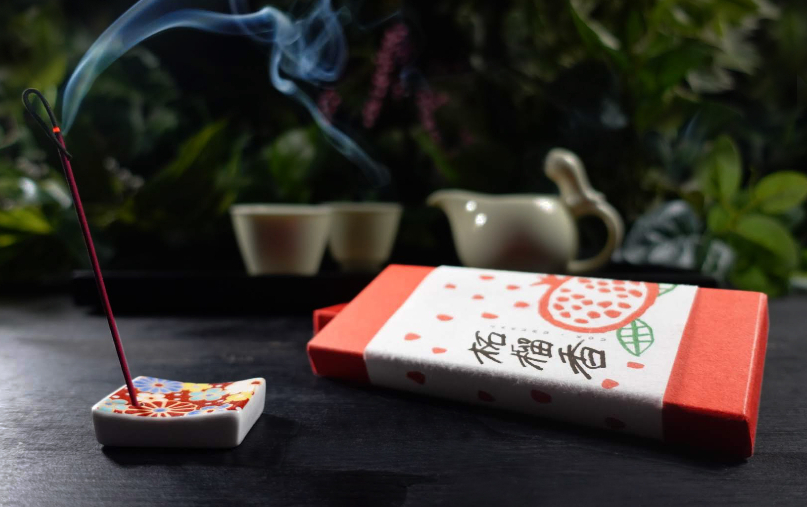
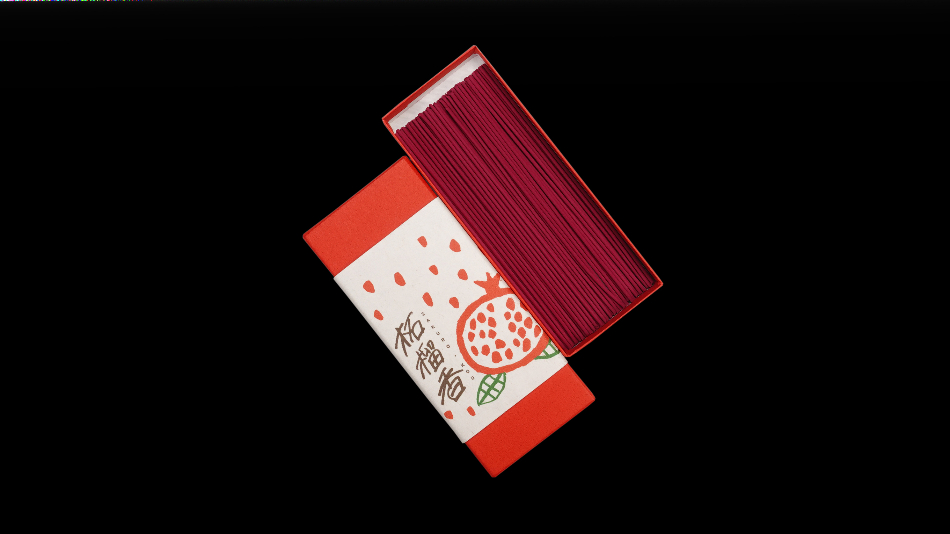
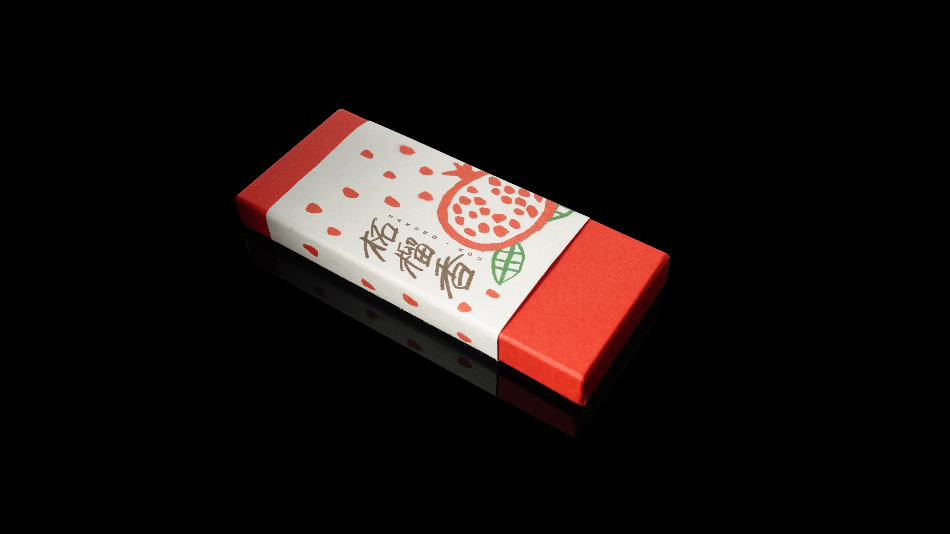
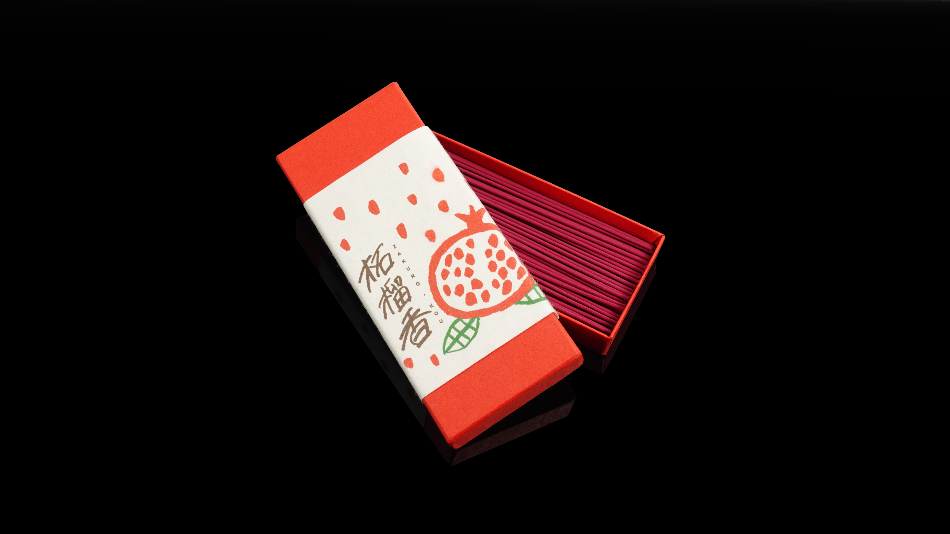
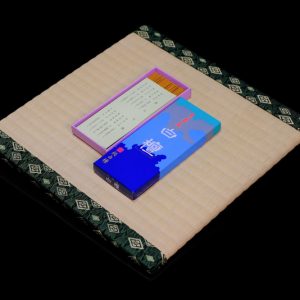
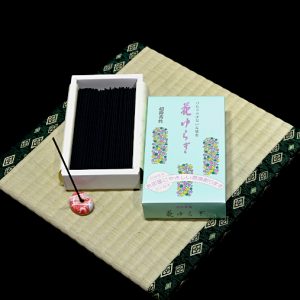
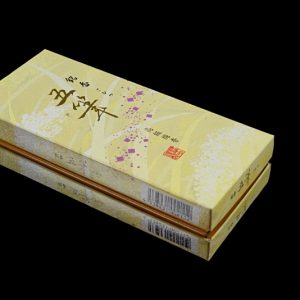
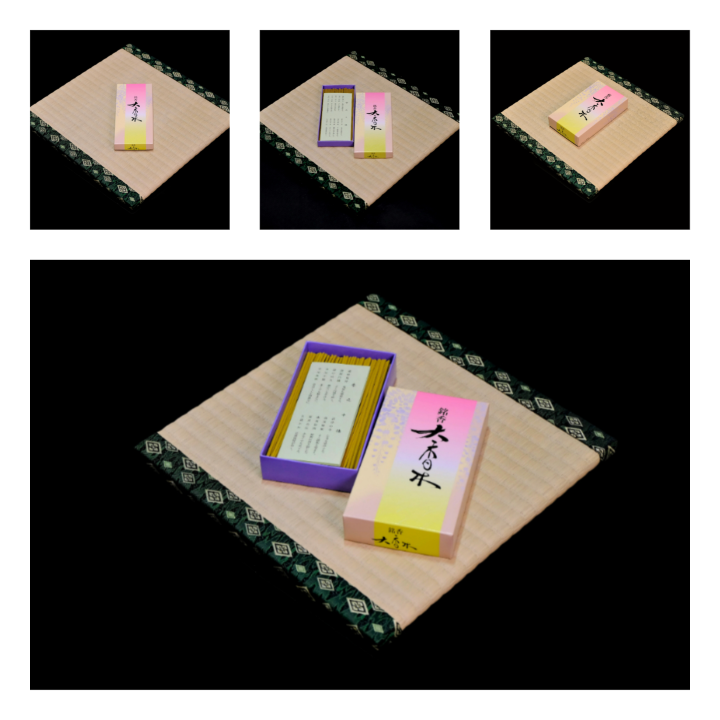
Reviews
There are no reviews yet.